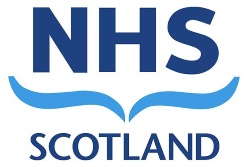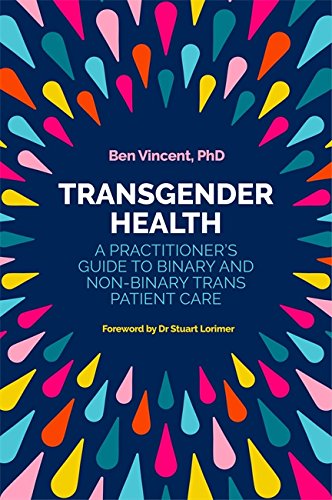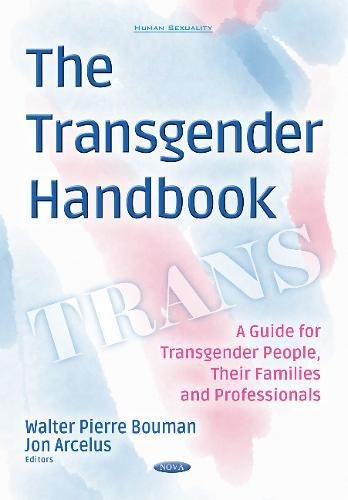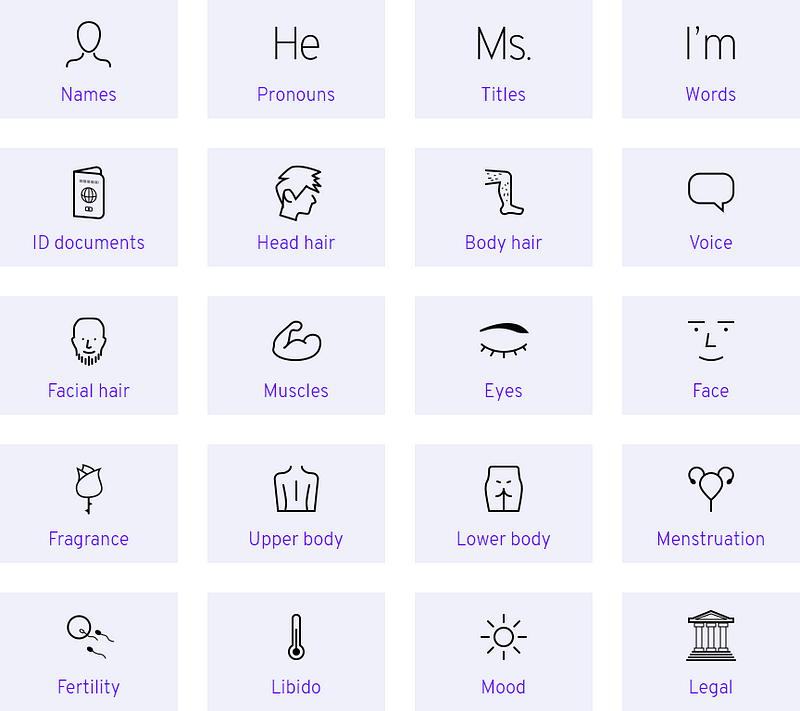What UK GPs and nurses need to know to help their gender diverse patients
It can be overwhelming trying to learn everything you need to know about gender diversity.
You might have patients who are trans, nonbinary, questioning who they are, or gender non-conforming in another way.
Your time is valuable, so here’s a quick summary of the most important guidance out there.
If you read nothing else…
…take a look at the General Medical Council’s site on trans healthcare - or get started by watching the video introduction.
A good next step is to make sure you know about the official NHS guidelines on how patients should be treated in your area…
National guidelines

NHS England have published a Gender Dysphoria Protocol.
The NHS England guidelines instruct you to refer patients directly to specialist gender services, and you can find a full list of these on our website.
NHS England have also published information for GPs on prescribing and monitoring hormones and information for GPs on handling requests from private medical service providers.

NHS Scotland have a Gender Reassignment Protocol.
They have recently published additional information as Interim Guidance which you should read too.
You may find these explanatory notes helpful for understanding the protocol.
The NHS Scotland guidelines instruct you to refer patients directly to specialist gender services, and you can find a full list of these on our website.

NHS Wales have published Specialised Services Policy CP21 which describes how patients should be treated.
Local information

On top of this, many CCGs and NHS Trusts have written guidance for their staff on how patients - and often staff too - should be treated. The full list of policies are listed on our Information for Clinicians page.
Information for nurses

The Royal College of Nursing have produced guidance on fair care for trans patients and there is also a toolkit for nurses on preventing suicide among trans young people.
Want to learn more?
Our Information for Clinicians page has an up-to-date list of information you can download from UK health organisations like RCGP, RCP, and FSRH, along with links to the BMJ Best Practice guidelines on this subject.
If you’re looking to update your knowledge, why not take a look at one of these brand new books aimed at practitioners?

Transgender Health is a guide to how to provide excellent primary care to gender diverse patients, with practical advice not just on clinical procedures, but also how to emphasise with and talk to this group.

The Transgender Handbook - edited by senior staff from one of the UK’s largest gender clinics, and with contributions for expert clinicians from across the UK and European gender services - gives the most up-to-date overview of care for transgender people.
Resources for your patients
Finally, if you’re working with a gender diverse patient, our website Gender Construction Kit could be exactly what they are looking for. We believe people should be able to change things linked to gender - anything they need, to any mix they want, for as long as they like.

Go take a look - our site is UK-focused, gives information about how to do things as safely as possible, and links to over 300 free PDFs published by UK organisations to download.
